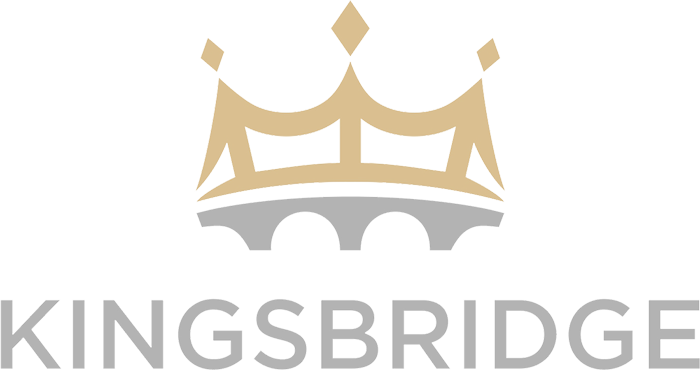How to Value Your Business: Key Factors to Consider
Valuing a business accurately is crucial for business owners who are considering selling, seeking investment, or planning for future growth. Knowing your business's worth can inform strategic decisions and unlock financial opportunities. However, business valuation is a complex process influenced by various key factors that need careful attention and understanding. By seeking the help of a business brokerage service that can guide them through the process, business owners find the true value of their business and avoid the possibility of errors.
Financial Performance
The first factor to consider is the overall financial performance of your business. This involves analyzing financial statements, including income statements and balance sheets, to assess profitability, revenue streams, and cash flow. Consistent financial performance and clear growth trends can significantly enhance your business's value. It's essential that the financials accurately reflect the business's current position and future potential to attract serious buyers or investors.
Market Insights and Trends
Market conditions and industry trends also play a critical role in valuation. Understanding the competitive landscape, the demand for the products or services offered, and overall market growth can provide insights into the business's potential. A business thriving in a growing industry is likely to hold more value. According to PR Newswire, 44% of small businesses have hired a financial advisor, which illustrates the importance of expert guidance of a business brokerage service in capturing these market insights and trends.
Intangible Assets
Lastly, intangible assets such as brand value, customer loyalty, and intellectual property should not be overlooked. Although these assets don't always appear on the balance sheet, they significantly contribute to a business's overall worth. A strong brand and a loyal customer base often indicate sustainable future earnings, making the business more attractive to buyers and investors. Intellectual property, like patents or proprietary technology, can also provide competitive advantages that enhance valuation.
Valuing a business requires a comprehensive analysis of both tangible and intangible factors. Owners must consider financial performance, market conditions, and intangible assets to arrive at a fair and accurate valuation. By meticulously evaluating these components, business owners can make informed decisions that align with both their immediate goals and long-term vision. For assistance in valuing your business, contact the best
business brokerage service, Kingsbridge Brokers, today!
Share Post:
Leave Your Comment
search Article
Recent Posts








